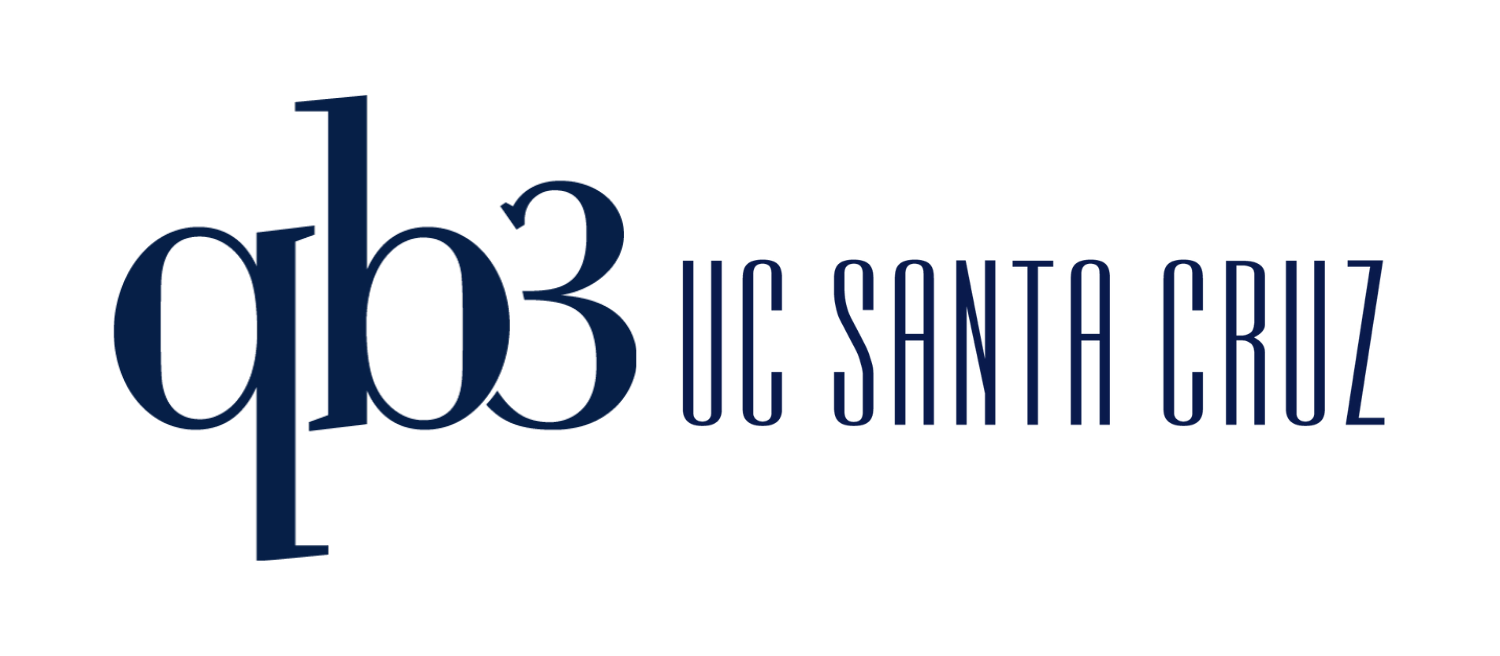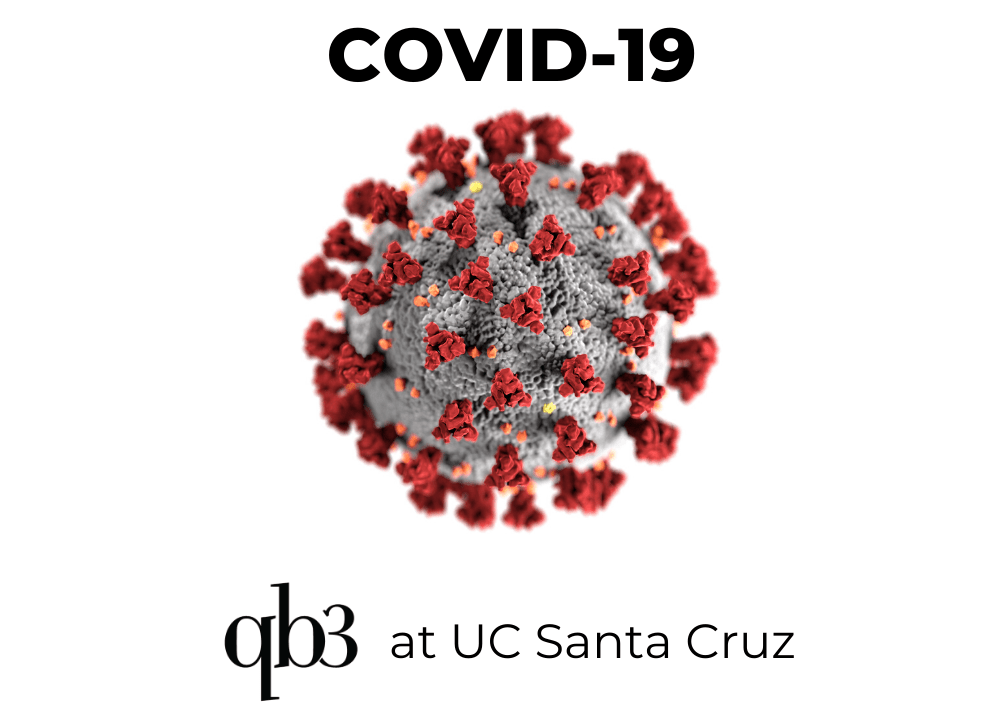May 22, 2020
From developing diagnostic tests to conducting surveys of infection prevalence, UCSC-QB3 researchers are on the offense, responding to the COVID-19 pandemic with science. Here are the highlights.
- Researchers at UCSC led by QB3 affiliates Jeremy Sanford, Michael Stone and Olena Vaske established the UCSC Molecular Diagnostic Lab on May 1 to provide rapid turnaround testing of patient samples for viral presence by PCR. The lab is currently receiving samples from the UCSC Student Health Center and medical providers from the local community.
- UCSC Genome Browser team led by QB3 affiliates Max Haeussler and Jim Kent adapted the genome browser to display continuously updated SARS-CoV-2 viral genome sequences and other molecular data from all major database submissions, published studies and pre-prints. UCSC invites all investigators to contribute additional data and annotations to this resource, which is designed to accelerate vaccine and therapeutic research and development activities globally.
- UCSC QB3 affiliate Mark Akeson is working on rapid sequencing of coronavirus samples using the nanopore sequencing technology he helped pioneer. By sequencing virus samples taken at different times and places, researchers can track genetic changes and trace the spread of different strains of the virus.
- The availability of data on the UCSC Genome Browser has enabled UCSC QB3 affiliate Nikolaos Sgourakis to develop computational and experimental tools to identify and characterize hundreds of viral peptides that could be targeted by the immune system. Sgourakis’s findings could be used to design suitable peptide vaccines for high-risk groups, and could lead to a T-cell-based diagnostic test..
- Through his startup Pinpoint Science located at the UCSC affiliated incubator Startup Sandbox, UCSC QB3 faculty affiliate Nader Pourmand is developing novel nanosensor technology to provide a rapid, low-cost serology test with high sensitivity for detecting and quantifying antibodies to the novel coronavirus.
- Holger Schmidt, another UCSC QB3 faculty affiliate, has a novel optical sensing technology for biomedical diagnostics, an “optofluidic chip”, that he is now adapting to provide rapid detection of the coronavirus.
- In response to a shortage of the coronavirus viral antigens needed for the development of antibody tests, UCSC QB3 faculty affiliate Rebecca Dubois has pivoted her lab to produce these antigens, and is supplying them to an NIH-run national repository where they are available to other researchers.
- UCSC QB3 faculty affiliate Mircea Teodorescu has directed his lab’s expertise in 3D printing to produce nasal swabs and face shields for local health care providers

